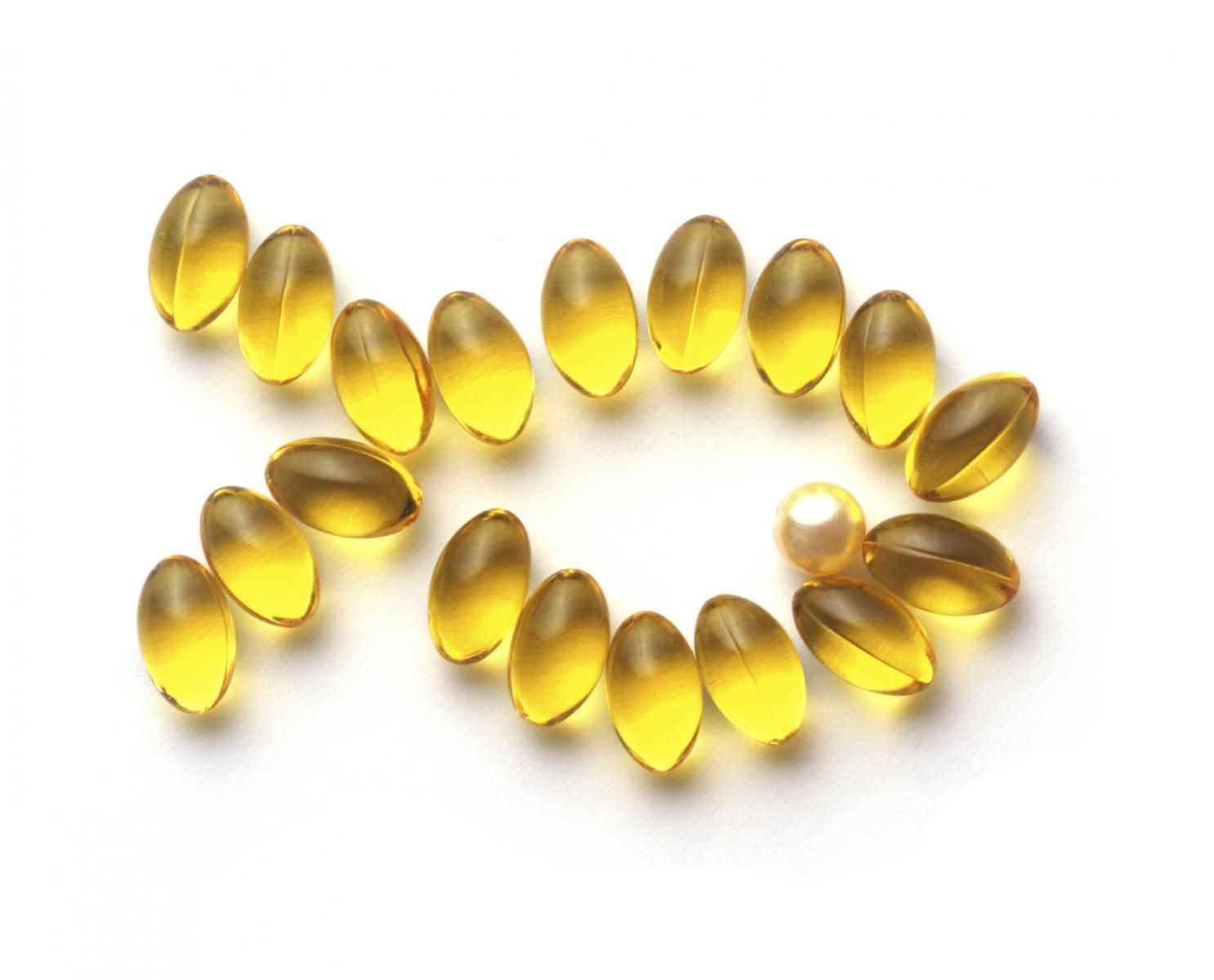Omega-3 Drug Epanova Reports Positive Results from EVOLVE Phase III Study
According to Omthera, the top-line results from EVOLVE show a “highly statistically significant” reduction of triglycerides in all Epanova dose groups.

Omthera Pharmaceuticals Inc. (Princeton, NJ), which has been in trials with its Epanova omega-3 drug for treating patients with very high triglycerides, reported positive results from its most recent Phase III clinical trial. Epanova is a patented formula of free fatty acid forms of EPA and DHA omega-3, which the company says has been shown to exhibit “improved and more predictable bioavailability as compared to the ethyl ester form found in prescription omega-3 products currently available.”
The latest study, the EVOLVE trial, randomized 399 subjects with triglyceride levels of 500 to 2000 mg/dl to take 2, 3, or 4 g of Epanova, or 4 g of olive oil, for 12 weeks. The trial’s primary endpoint was the percentage change in triglyceride level from baseline, with a secondary endpoint of a reduction in non-HDL cholesterol. (Previous Phase III studies on Epanova include two large, placebo-controlled, randomized, double blind studies involving 748 Crohn’s disease patients with normal triglyceride levels.)
According to Omthera, the top-line results from EVOLVE show a “highly statistically significant” reduction of triglycerides in all Epanova dose groups. Specifically, the 2-g group saw median decreases in triglycerides of approximately 26%, while the 4-g dose group saw reductions of 31%.
“We are pleased by the comprehensive lipid benefits shown by Epanova in the EVOLVE study-especially at the 2-g dose, which demonstrated triglyceride lowering comparable to that of 4-g doses of other prescription omega-3 products,” stated Jerry Wisler, Omthera’s CEO, in a press release. “This comparable efficacy of Epanova at a significantly lower dose supports the prior demonstration of improved bioavailability of this free fatty acid formulation versus the ethyl ester form found in other prescription omega-3 products.”
The company’s chief medical officer, Michael Davidson, MD, also stated that positive results from the secondary endpoint-a “meaningful” decrease of 8% in non-HDL cholesterol in both the 2- and 4-g dose groups-is significant as the medical community is increasingly focusing on non-HDL cholesterol as a “more accurate” predictor of CVD risk, especially in patients with hypertriglyceridemia.
He says the company has also completed enrollment and randomization for a new study, the ESPRIT study on 647 patients, which will look at the effects of Epanova in combination with statins for lowering non-HDL cholesterol.